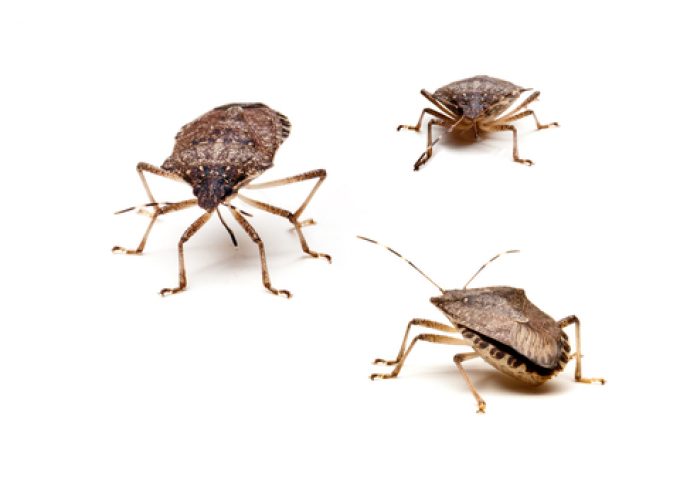Shipping Australia calls for end to 'disruptive' port strikes
Lobby group Shipping Australia (SAL) has urged Australia’s federal workplace and state and territory ministers ...

Australian shippers breathed a sigh of relief today with the scrapping of the controversial plan for a biosecurity import levy.
The department of agriculture said the move followed industry consultation which suggested the levy “could not be implemented without significant regulatory impacts on industry and proposed levy payers.”
It added: “This decision has also been made in consideration of the ongoing impacts of drought, bushfires and Covid-19 on the Australian economy, and the rapidly changing global trade environment.”
Branded “reckless and unfair” when mooted ...
'Disastrous' DSV-Schenker merger would 'disrupt European haulage market'
New senior management for DSV as it readies for DB Schenker takeover
Volumes set to 'fall off a cliff' as US firms hit the brakes on sourcing and bookings
Asian exporters scramble for ships and boxes to beat 90-day tariff pause
Amazon pushes into LTL for small package fulfilment and UPS does a u-turn
Temporary tariff relief brings on early transpacific peak season
Pre-tariff rush of goods from US to China sees air rates soar, but not for long
Forwarders 'allowing the fox into the chicken run' by supporting 'hungry' carriers

Comment on this article